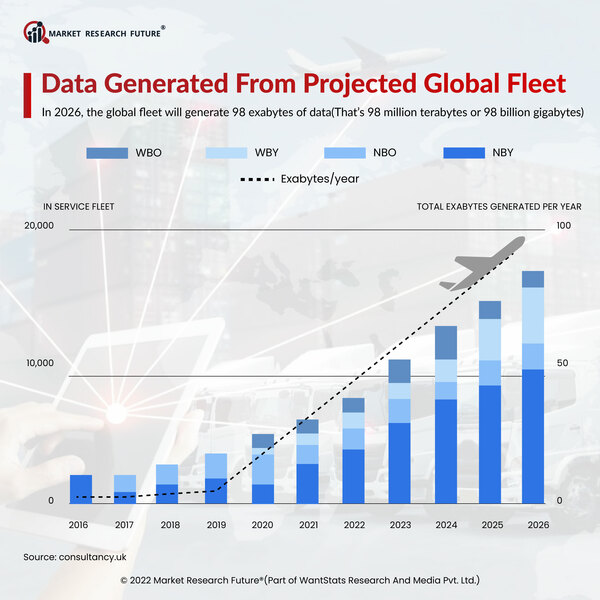CFM and Air France Industries KLM Engineering & Maintenance Signs Agreement for MRO Services
According to CFM, in October 2022, Air France Industries KLM Engineering & Maintenance (AFI KLM E&M) signed a CFM Branded Service Agreement (CBSA) with CFM for LEAP-1A and LEAP-1B engine MRO services. AFI KLM E&M will benefit from their abilities and knowledge in operation and maintenance of their substantial portfolio of aircraft engines under the terms of the agreement. The demand for LEAP MRO services is anticipated to increase quickly in the upcoming years due to the vast number of operators.
AFI KLM E&M is the world's largest independent MRO service provider, and their state-of-the-art facilities in Paris and Amsterdam will provide LEAP engine services. The decision made by KLM earlier this year to buy 200 LEAP-1A engines to power its new fleet of Airbus A320neo and A321neo aircraft will also help to increase the company's proficiency in LEAP services.
Adding AFI KLM E&M to the LEAP MRO team fills CFM with pride. The company’s open MRO network is significantly strengthened and improved by adding a significant, recognized source. AFI KLM E&M will likely make substantial contributions to the industry thanks to its extensive experience with engines like the CFM56, GE90, and GEnx product lines, its innovative capabilities, and its continued focus on developing new solutions. Without a doubt, AFI KLM E&M will significantly contribute to the ongoing creation of top-notch support for the LEAP engine over its lifetime.
The CFM LEAP family of engines keeps raising the bar for efficiency and sustainability in the industry. Over 23 million commercial flight hours have been completed by the combined fleet, offering 15-20% greater fuel efficiency, CO2 emissions, and noise than earlier engine generations. CFM LEAP engines have allowed users to reduce CO2 emissions by almost 15 million tons since they first went into operation in 2016.
According to Michael Grootenboer, SVP of Group Engine Product at AFI KLM E&M, "the open nature of the CFM MRO network fosters a competitive climate that is particularly favorable to operators." It lowers the cost of ownership over the course of the engine's lifecycle, guarantees ongoing innovation, raises the value of airlines, and promotes sustainability. As an airline MRO, we prioritize this drive in all we provide to operators worldwide.





